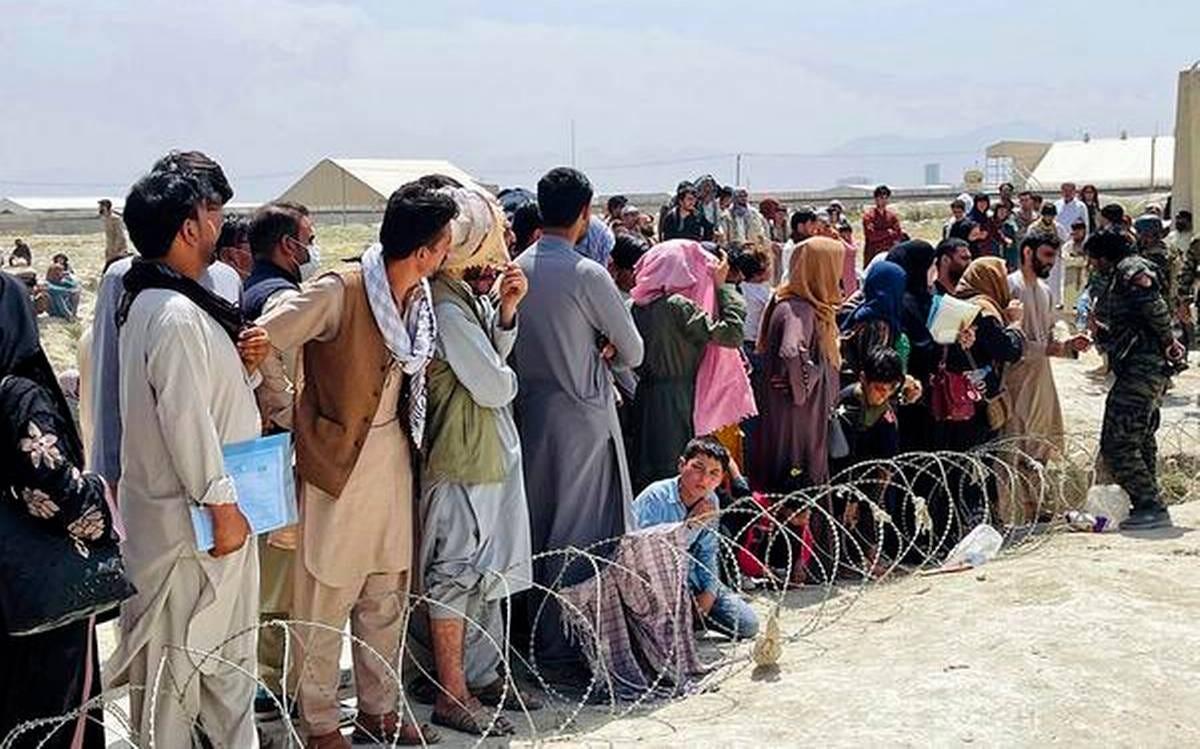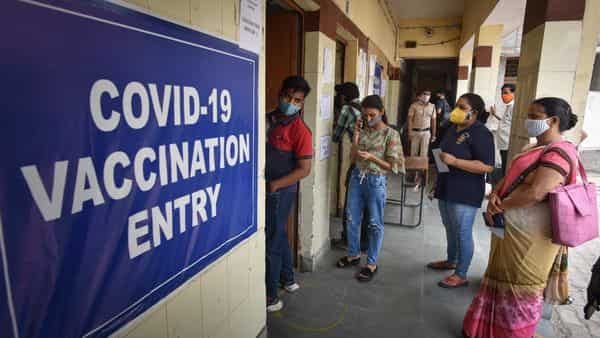Diplomacy or humanity?
“We cannot and must not abandon the people of Afghanistan.”
These were the words of UN Secretary-General António Guterres in a press conference held hours later Taliban took over the capital city Kabul.
However the questions and concerns have been, how the countries across the world plan to support desperate Afghan citizens, who want to flee the country.
Where do these refugees go from here?
Temporary accommodation for a potential influx of Afghan refugees is being set up in three provinces of Iran bordering Afghanistan.
The UK has decided to accept 20,000 Afghan refugees in the coming years as part of a new resettlement program that prioritises women, girls, religious, and other minorities. Canada plans to resettle more than 20,000 vulnerable Afghans prioritizing minorities, including LGBTQ Afghans. Irrespective of the evacuations over the 20 years, the US plans to continue the evacuations along with three military bases in the US prepared to accommodate up to 22,000 evacuees.
Apart from these nations, Uganda, North Macedonia, Albania, and Kosovo have decided to provide temporary shelter to refugees at the US’s request.
In contrast to this, some nations have decided to not provide any aid to the refugees. Pakistan has sealed its border due to the existence of approximately 3 million Afghan migrants in the country. Turkey seems to be joining Pakistan because it doesn’t want to be the “refugees station” for Europe. Switzerland has decided to review asylum applications case-by-case, hence not allowing a large influx of refugees. France has a clear stand on this situation, stating this refugee movement as a “significant irregular migratory flow”, thus providing no refuge. Austria has also decided not to allow refugees into the country.
Australia to date hasn’t displayed a solid intention to allow thousands and thousands of refugees.
What is highly assuring during this humanitarian crisis are the following facts:
Guterres assured that the UN won’t abandon the country in this time of grave crisis and that the world body’s personnel will continue to serve critical services in the country. He also assured the people that strong efforts will be made to ensure that Afghanistan is never used as a base for terrorist organizations.
On August 16th, 2021, UNHCR released a non-return advisory for Afghanistan “calling for a bar on forced returns of Afghan nationals, including asylum seekers who have had their claims rejected.” Concerning the current situation, UNHCR has asked nations to stop forcible returns of Afghan nationals who were previously determined not to need international protection.
Has India Entered Endemic?
As per the Indian government’s data, there are over 3.22 lakh Covid-19 active cases as of 25th August After the destruction caused by the Covid-19 in the past 14 months, the Chief Scientist of the World Health Organisation has recently shared this-
What is Endemic?
According to the United States Centers for Disease Control and Prevention, an endemic is the “constant presence and/or usual prevalence of a disease or infectious agent in a population within a geographic area”. People in that area learn to live with it.
How will it impact India?
Dr Swaminathan also explained that the third wave will not be as disastrous as the previous two waves but can overwhelm the health system of the nation. The government needs to expedite the process of vaccination and maintain the strictness in public to follow the covid-19 Protocols sensibly.
Other perspectives-
Dr Ravi Shekhar Jha, Senior Consultant and Head of the Department, Pulmonology, Fortis Escorts Faridabad, talked about how the covid-19 virus is at the endemic stage, that is when a virus is constantly maintained at a threshold in a geographic community with occurring outbreaks. He mentioned that it's a bit premature to say that the virus will become endemic since the currently available data doesn't suggest that reinfection rates are high.
Dr Animesh Arya, a Sr. Consultant in Respiratory Medicine, explained that- the third wave is unpredictable and it will majorly depend on the variants of the virus and their interaction with the immune and non-immune population. The most concerning thing is the country's 25 to 30 per cent population is below 18 years, which is not vaccinated yet.
(Sources: Scroll, IndiaTV, CNBC)
Hypertension Across the World
The number of adults living with hypertension worldwide has doubled over the past 30 years, with most of this increase occurring in low- and middle-income countries, as per a study published in The Lancet journal.
Research Findings-
The number of people with hypertension rose from an estimated 331 million women and 317 million men in 1990 to 626 million women and 652 million men in 2019.
Nearly half of people with hypertension worldwide in 2019 were unaware of their condition.
Developed vs Developing
There is a decrease in the rates of people with hypertension in the high-income countries and an increase in the low-middle income countries (LMICs). The range also differs among the men and women of these countries.
For example- Canada and Peru had the lowest proportion of people living with hypertension in 2019 at around 1 in 4 people and countries in western Europe including Switzerland, Spain, and the UK had the lowest hypertension rates in women, while Eritrea, Bangladesh, Ethiopia, and the Solomon Islands had the lowest rates in men.
Improvements- The high-income countries since the 1990s - with the help of treatment and control have seen improvements, like Canada, Iceland, and South Korea.
(Sources: Indian Express, The Lancet)
What else is happening?
Devastating attacks were carried out at the airport in Kabul City, one of which was carried by a suicide bomber and the death toll has risen to 180.
Nathaniel Gleicher, Facebook’s security policy head tweeted that Facebook has temporarily removed the ability for people to view or search the friends' lists of accounts in Afghanistan to protect Afghan citizens against being targeted amid the Taliban's swift takeover of the country.
The government has introduced a new facility to book vaccine slots through WhatsApp.
Airbnb has opened up housing for 20,000 Afghan refugees globally given the takeover of Afghanistan by the Taliban.
Written by: Meemansa Narula, Anusha Kaul
If you want to know more about our research- follow us on Instagram and LinkedIn.
If you liked the newsletter, go ahead and share it with your friends. We believe word of mouth is the best method to grow, and we look forward to your support.









